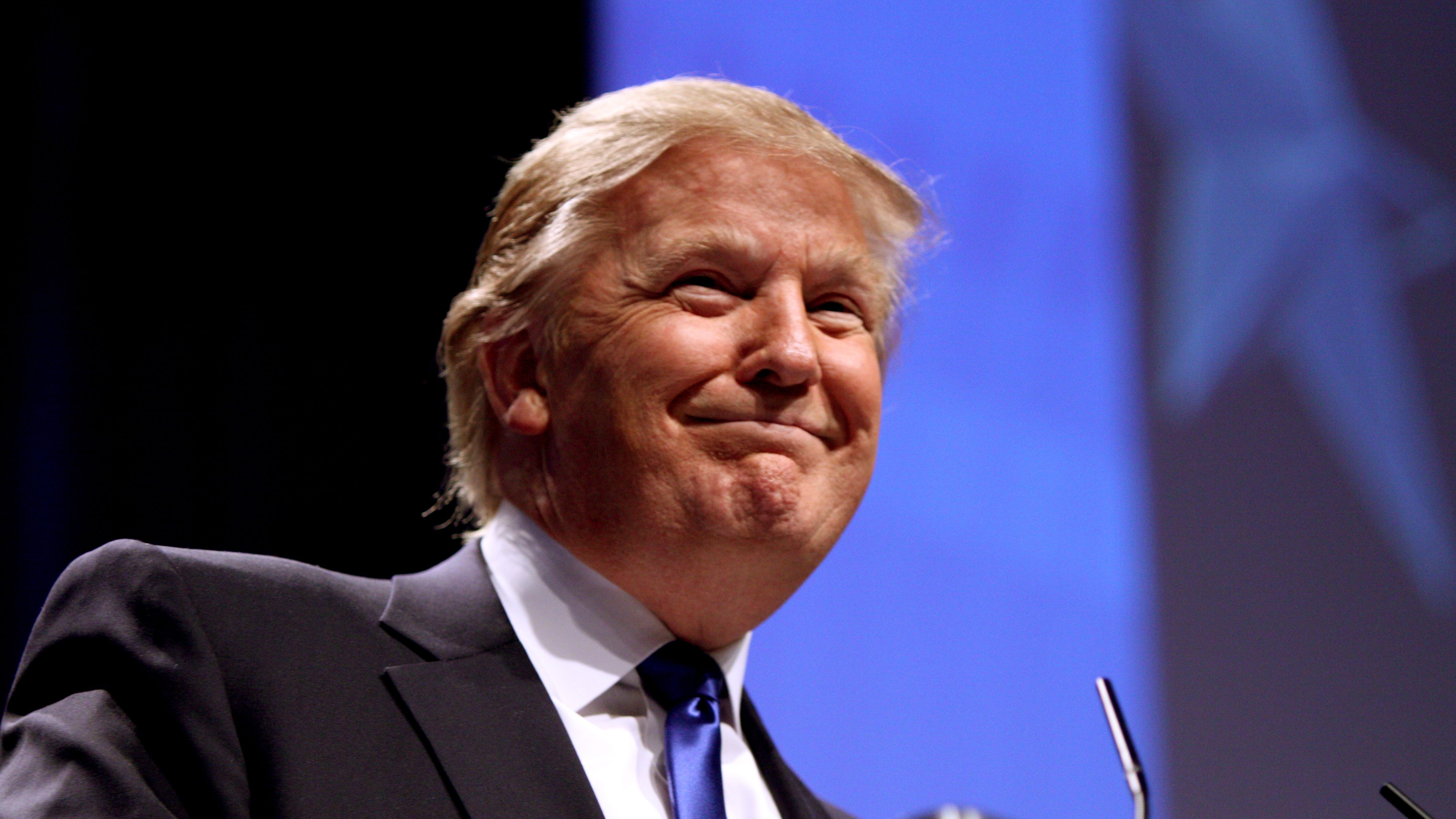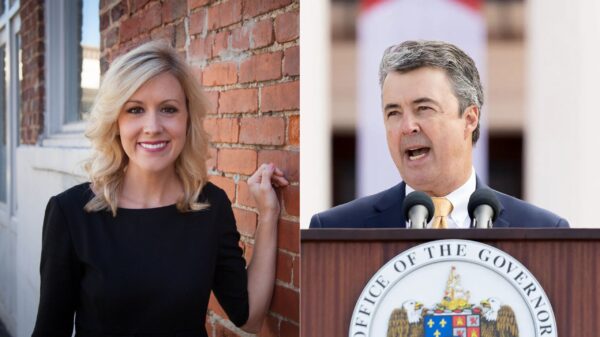Over 25 years ago, then-business mogul Donald Trump sued the federal government over what he believed was the unfair advantage it afforded Indian gaming over the private sector.
The same battle is playing out in Alabama where Sen. Greg Albritton, R-Atmore, and Senate President Pro Tempore Del Marsh, R-Anniston, have filed a bill that guarantees the Poarch Band of Creek Indians will keep its billion-dollar-a-year, tax-free monopoly over gaming in the state while denying private operators even a chance to compete.
Speaking before the U.S. Congress in 1993, the future president threw away his prepared remarks telling lawmakers that he decided it was “very boring” and “politically correct.”
The future commander-in-chief railed against what he saw as the outsized privilege given by the government to tribal interests while denying private owners a fair seat at the table.
During the hearing, then-New Jersey Rep. Robert Torricelli backed Trump saying that, “Indian tribes not only enjoy a competitive advantage over the Trumps of the world — tribes are not taxed on the profits from casinos — but also are not subject to the stringent background checks and audits to which Atlantic City casino owners must submit,” as reported by the New Jersey Monthly.
“There are no regulations to ensure that the games [on reservations] are honest,” Torricelli said.
Tribal games played at PCI’s three casinos are unregulated, enjoy tax-free status on all income from gaming and non-gaming and are not held to the same standards as other businesses in the state.
A bill by Sen. Jim McClendon, R-Springville, would give the private sector a more level playing field with the tribe, which is what Trump argued for in 1993.
The question before the Republican-controlled legislature is will it continue to allow the Indians to have an unfair advantage over the would-be Trumps of the world or will they level the field for the private sector as Trump himself asked for in 1993.
Marsh first supported McClendon’s bill but recently experienced a change of heart and is now backing legislation that is decidedly pro-PCI and anti-private business.
His sudden about-face is widely seen as him falling under the sway of PCI’s excessive campaign war-chest. Marsh is considering a run for U.S. Senate and those close to him politically are suggesting that Marsh, who is polling dead last in the race, needs PCI money to be competitive.
As a private casino owner, Trump unsuccessfully fought against legislative interference that favored tribal gambling over private entities, but that is changing on a federal level.
According to Gambling Compliance, the leading provider of independent legal regulatory and business intelligence to the global gambling industry, President Donald Trump Administration, “has proven to be a big plus for the gaming industry — so far.” Gambling Compliance points to the appointment of “Neil Gorsuch to the U.S. Supreme Court [which] led to the abolition of the sports-betting ban in the Professional and Amateur Sports Protection Act of 1992.”
While the president is expanding highly regulated gaming, Marsh and Albritton want to restrict gaming to “paper only,” which cuts about two-thirds of the revenue the state could receive under McClendon’s bill.
A 2017 study by the North American Association of State and Provincial Lotteries found that the 47 U.S. lotteries projected gross sales of $73.5 billion for traditional lottery products. It also saw the eight states that offered video lottery terminals added an additional $7 billion.
Marsh and Albritton’s plan would outlaw VLTs and other tech-games but allows the Indians to operate them, giving the tribe another considerable advantage.
McClendon’s legislation spreads the opportunity for growth in state tax revenue by permitting VLTs at the state’s existing pari-mutuel racetracks located in Jefferson, Macon, Greene and Mobile counties. PCI owns the track in Mobile County which gives them the same gaming opportunities while still maintaining their three unregulated-tax-free casinos. His bill allows a state lottery to be played at these locations because the counties each passed a constitutional amendment years ago allowing gambling at the four sites.
Understanding an important section in the lottery CA — one some don’t want you to understand
Legislation championed by Marsh and Albritton also stymies the lottery’s profitability because it ignores the future of the industry. McClendon’s doesn’t.
NASPL found that technology-powered games generated a newer player-base, especially among millennials with no cannibalization of retail store sales.
According to its study, “The Atlantic Lottery (Canada) experienced a 7 percent increase in revenue when it began offering internet gaming, [and] recently, following the introduction of internet-accessible games, the Michigan Lottery experienced a two-year rise in total sales of nearly 20 percent, which translated to a 23 percent increase in commissions paid to lottery retailers and an almost 20 percent increase in contributions to education programs.”
In the last election cycle alone, PCI contributed more than $1.4 million to primarily Republican candidates.
In 2015, they made common cause with then-Speaker of the House Mike Hubbard, R-Auburn, to kill a lottery bill sponsored by Marsh.
During the 2010 campaign that saw Republicans wrestle control of the State House from Democrat control, Marsh and Hubbard funneled hundreds of thousands of dollars from PCI through Republican State Leadership Committee and back to PACs controlled by the pair.
Alabama’s U.S. Sen. Richard Shelby has warned of PCI’s growing influence in the state.
Businessman Donald Trump warned against the Indians’ unfair advantage.
Under Marsh and Albritton’s bill, these warnings are ignored. If Marsh and Albritton’s plan is adopted not only will the legislature fail to correct what Trump exposed in 1993 they will enhance the tribe’s monopoly.

















































